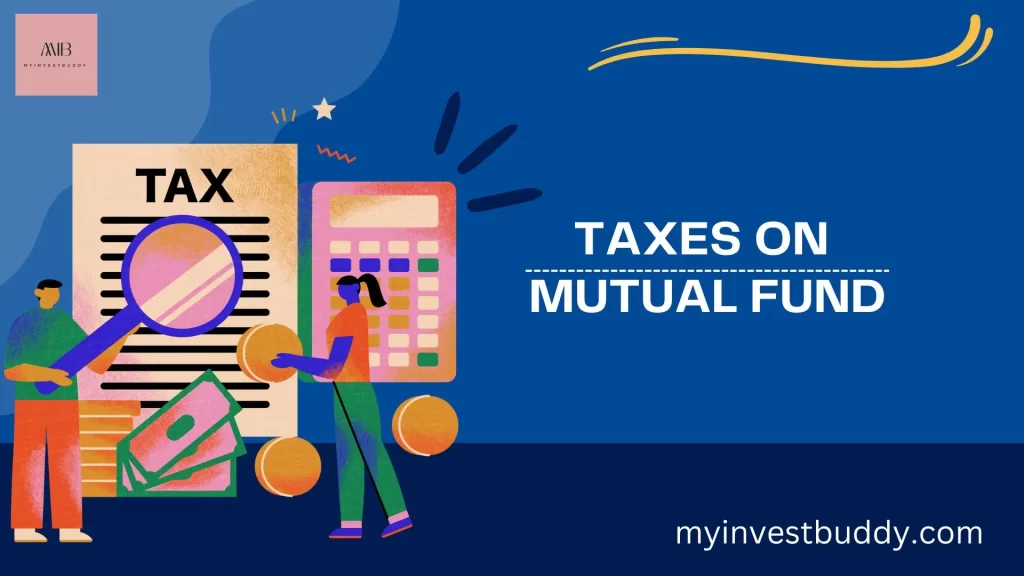It is important to understand taxes before you make your mind to invest in Mutual Funds. Let’s explore:
1) Understanding taxes on Mutual Funds
2) Optimizing the taxes
Mutual funds pass all the interests, dividends earned to investors each year. There are options where you can choose the dividends to be pay-out to you (IDCW Plan – Income Distribution Cum Withdrawal plan) or automatic reinvestment of the dividends (Growth Plan). Either way dividends are taxable. Funds themselves are not subject to taxes but when you receive the payments you will have to pay capital gains taxes like you hold the bonds or stocks directly with the fund just assisting you. Capital gains are taxed as:
Since different people fall into different tax brackets you have to consider the impact of taxes for yourself. You can optimize taxes by choosing a suitable investment horizon & product.
Capital gains are taxed only when stocks are sold by investors. But there is one exception where capital gains can arise without you selling anything, it happens when mutual funds declare capital gains. This is a tricky position, if interested, you can read about it here.
It is important to recognize three simple facts:
1) Mutual funds are generally managed without regard to tax considerations.
2) Taxes reduce, to a greater or lesser extent, the post-tax returns earned by investors.
3) A fund with low appreciation and fund with low turnover will realize less tax or realize it later in time than other fund, in case where Funds can declare capital gains.
First of all, you should reap maximum benefit of programs that offer pre-tax investments. In regular investments, you earn, you pay tax and then invest the remaining whereas in some tax benefit programs you earn, invest (upto certain limits) and pay tax on remaining. The only possible drawback here is that there are certain time or amount limits in such programs. You should consider factors like costs, your investment horizon and penalties on premature withdrawals for evaluating such programs.
Always consider your post tax returns. You should give special attention to the holding period of your investment since every time you sell you are taxed on capital gains. If you prefer buy-and-hold strategy you can defer capital gain taxes for long durations.
There are various tax saving investment programs, when it comes to Mutual Funds, ELSS funds can help you get some tax benefits.
What if you don’t want to do all this or don’t have the time to do all things. There is an easy way. You can Invest in Index Funds, around 80% of funds underperform Index over long durations, or You can consult us here.

